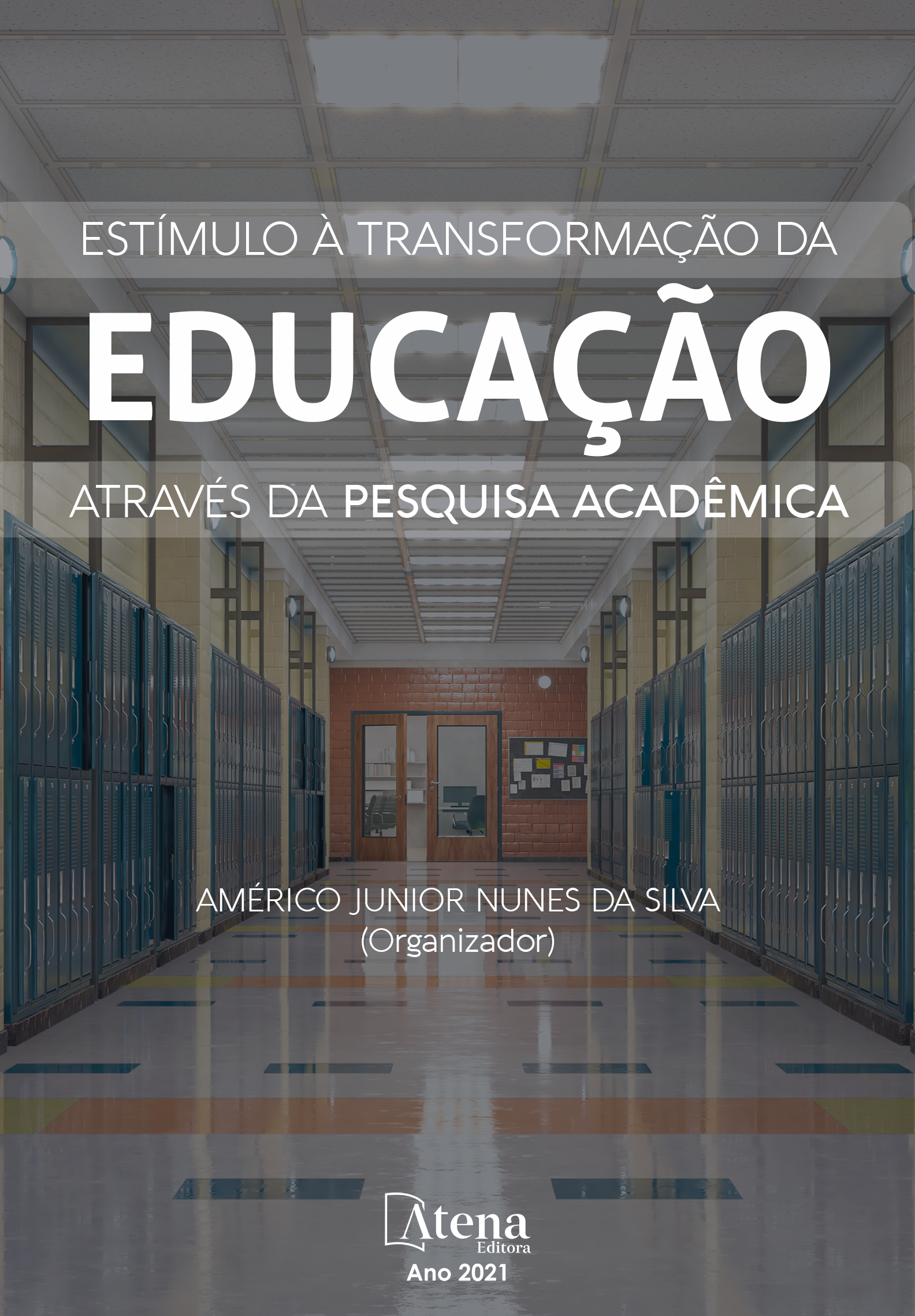
POTENTIALIZING THE SOCIALIZED METHOD IN CRITICAL CAPACITY IN HIGHER EDUCATION STUDENTS
El objetivo fue demostrar como el método socializado interviene en la capacidad crítica del área de Religión, Filosofía y Ética de los estudiantes de Ciencias Sociales de un Instituto Público, considerando cuatro fases: (1) personal, sujeto activo del aprendizaje asimila y acomoda la información a través de la lectura, (2) socialización de la información, a través aprendizaje vivencial en equipo, (3) conclusiones intergrupales, jerarquización de los argumentos, preparación del producto académico, (4) debate y conclusiones, comprende la reflexión, valoración y consenso. La potencialidad del método socializado activa la capacidad crítica de los estudiantes desde la percepción del contexto, comprensión, razonamiento, análisis y comunicación del área de Religión, Filosofía y Ética. El instrumento utilizado fue el cuestionario para docentes y estudiantes del grupo control y experimental. El procedimiento fue hipotético-deductivo, diseño cuasi experimental, tipo de investigación explicativa, la muestra fue 137 estudiantes y docentes del grupo control y del grupo experimental 130 estudiantes y docentes. La conclusión fue el nivel de correlación entre el método socializado y la capacidad crítica es de 0,032 y el nivel de significancia es de 0,711.
POTENTIALIZING THE SOCIALIZED METHOD IN CRITICAL CAPACITY IN HIGHER EDUCATION STUDENTS
-
DOI: 10.22533/at.ed.6142105109
-
Palavras-chave: método socializado, capacidad crítica, aprendizaje vivencial, análisis, argumentación
-
Keywords: socialized method, critical capacity, experiential learning, analysis, argumentation
-
Abstract:
The objective was to demonstrate how the socialized method intervenes in the critical capacity of the area of Religion, Philosophy and Ethics of the students of Social Sciences of a Public Institute, considering four phases: (1) personal, active subject of learning assimilates and accommodates the information through reading, (2) socialization of information, through experiential team learning, (3) intergroup conclusions, ranking of arguments, preparation of the academic product, (4) debate and conclusions, includes reflection, assessment and consensus. The potentiality of the socialized method activates the critical capacity of the students from the perception of the context, understanding, reasoning, analysis and communication of the area of Religion, Philosophy and Ethics. The instrument used was the questionnaire for teachers and students of the control and experimental group. The procedure was hypothetical-deductive, quasi-experimental design, type of explanatory research, the sample was 137 students and teachers from the control group and 130 students and teachers from the experimental group. The conclusion was that the level of correlation between the socialized method and critical capacity is 0.032 and the level of significance is 0.711.
-
Número de páginas: 16
- David Saúl Cuellar Juarez
- Flor de María Sánchez Aguirre


